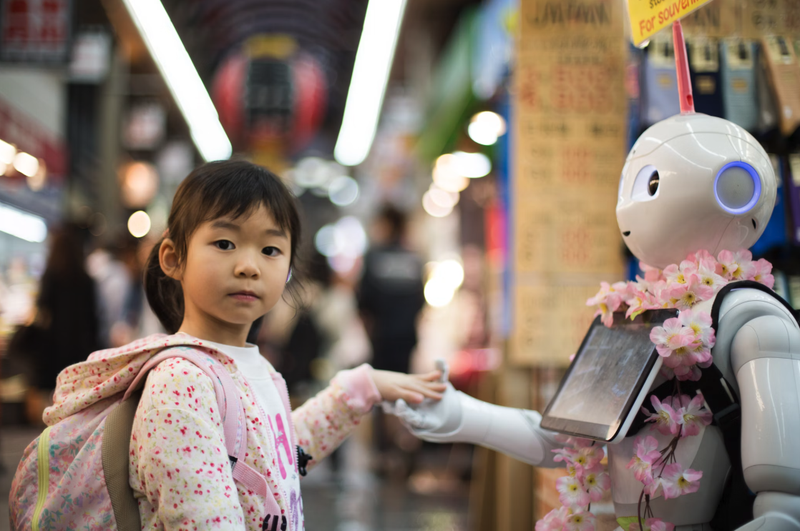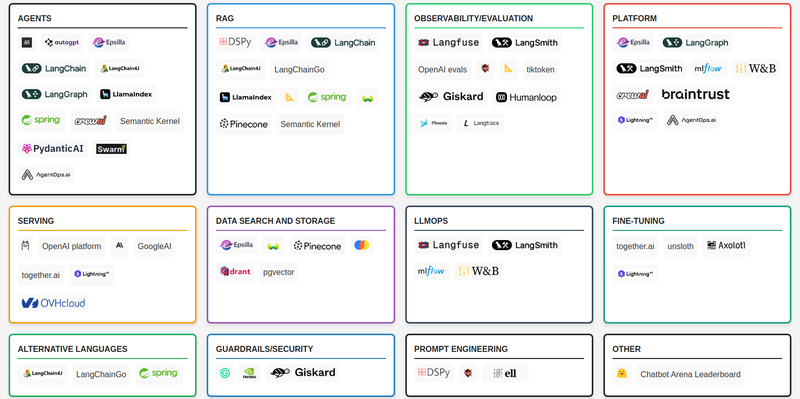The world of programming is constantly evolving, and with each new technological shift, there are questions about what it means to be a programmer and whether jobs in the field are at risk. While it may seem like artificial intelligence (AI) could replace programmers, history shows us that technology usually doesn't eliminate jobs; instead, it changes how we work.
Just like in the early days when programmers had to write code in 1s and 0s or connect physical circuits, programming has evolved over time, becoming more accessible and powerful. Early programming languages like Assembly, Fortran, and C allowed developers to write code more efficiently in human-readable formats. Operating systems like Windows made programming easier by managing low-level tasks, and the rise of the internet opened up even more possibilities for creating applications without deep programming knowledge.
The introduction of no-code tools like WordPress allowed non-programmers to create websites, but developers were still needed for complex applications. Each time programming became easier, more people started coding, and the demand for software increased—not decreased. AI is the next major step in this evolution, but it won’t replace programmers. Instead, it will change the way they work.

AI: A Game-Changer, Not a Job Killer
AI is already having a major impact on programming. Tools like ChatGPT can now generate code from simple instructions, making the process faster and more accessible. While some believe this means programmers could become obsolete, the truth is much more nuanced. Just like previous technological advancements, AI will create more opportunities, not fewer.
Cloud computing, web services, and automation have already made it easier for businesses to use complex tools, such as payment systems through Stripe, with just a few lines of code. However, even the largest tech companies like Google, Amazon, and Facebook rely on human programmers to design, build, and manage their systems. Old programming skills may fade, but new skills will become more important. Instead of writing low-level system code, millions now focus on web and mobile applications. And with AI, those who learn to use the tools effectively will become even more valuable.

Embracing AI: The Key to Thriving
AI won’t replace programmers but will change how they work. Programmers who embrace AI tools will thrive in this new landscape, while those who resist may fall behind. The secret to success will be learning new skills—especially how to use AI as a powerful tool for creativity and problem-solving.
Junior developers who master AI tools could outperform experienced programmers who don’t adapt. Just like during the Industrial Revolution, when machines replaced old skills, new skills became just as vital. The workers who knew how to use new technology flourished, and the same will happen in the AI age. Businesses need workers who understand AI, just as past generations needed workers who understood machinery.

AI: A Tool for Efficiency, Not a Replacement
AI is not about replacing human thought—it’s about making programmers faster and more efficient. With AI, the real skill won’t just be in writing code but in structuring problems so AI can solve them. The focus will shift from the complexity of writing code to solving higher-level problems, and programmers will focus on guiding and refining AI’s output.
The "70% problem" is a key example. AI can handle the bulk of the work, but the final 30%—debugging, improving, and refining code—is still where the hardest challenges lie. This is where experienced developers will be invaluable. AI doesn’t think like humans—it can’t make decisions or remember things in the same way. It’s a powerful tool, but it needs human input to work effectively.

“AI Engineering Landscape,” via Marie-Alice Blete on GitHub
New Jobs, New Industries
As AI transforms how we program, it’s also creating new opportunities and industries. A role called "agent engineer" is emerging, focused on creating and refining AI agents that can interact with customers or perform tasks autonomously. If you’re familiar with frontend development, you can reskill for this exciting new role. But as AI becomes more integrated into business processes, companies will need workers who can improve existing systems, not just replicate old ones.
The future of AI isn’t just about using existing tools—it’s about creating smarter systems. Companies that leverage AI to improve their services, rather than just reduce costs, will have a competitive advantage.

Conclusion
The future of programming will be exciting, not scary. AI will change the way we program, but instead of replacing programmers, it will empower them to solve more complex problems and create more innovative solutions. The demand for programmers will only increase as AI makes it easier to build powerful tools and applications.
AI is not just about making things cheaper or faster; it’s about improving the quality of the work we do. Programmers will continue to be essential, and the ones who embrace AI will be the ones shaping the future of technology.
Embrace the future my friends!
Inspired by Tim O’Reilly's article "The End of Programming as We Know It"

